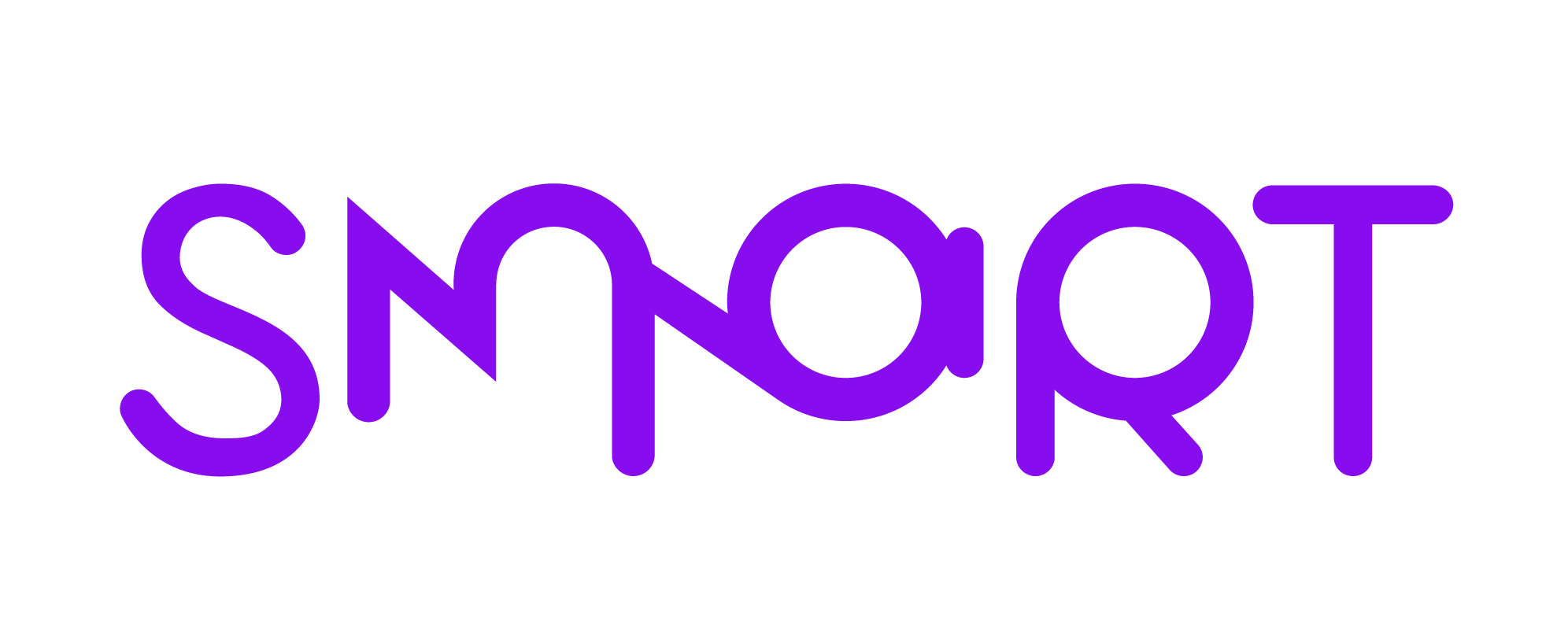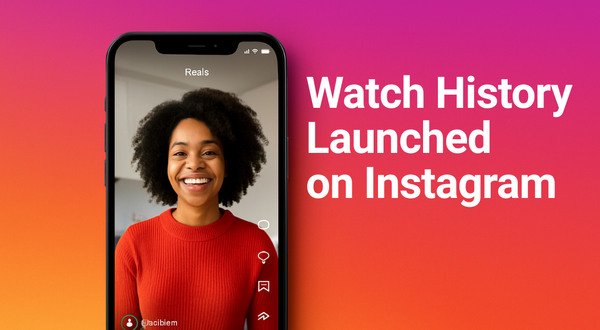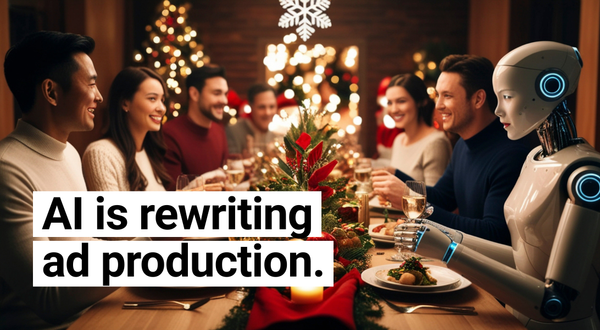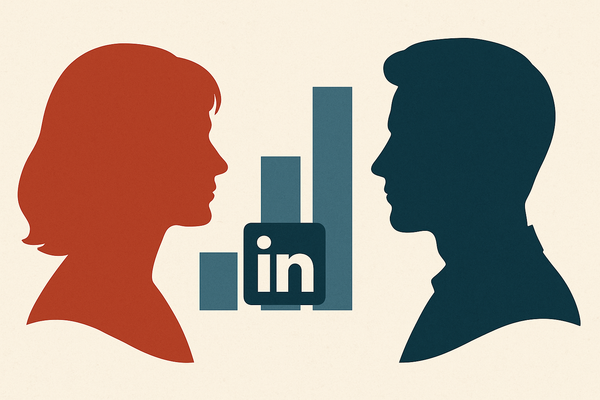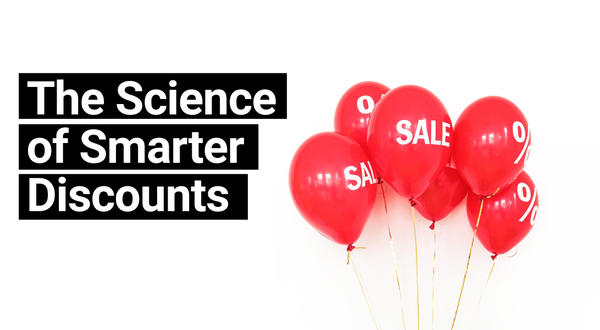How B2B Brands Are Winning with Influencers?
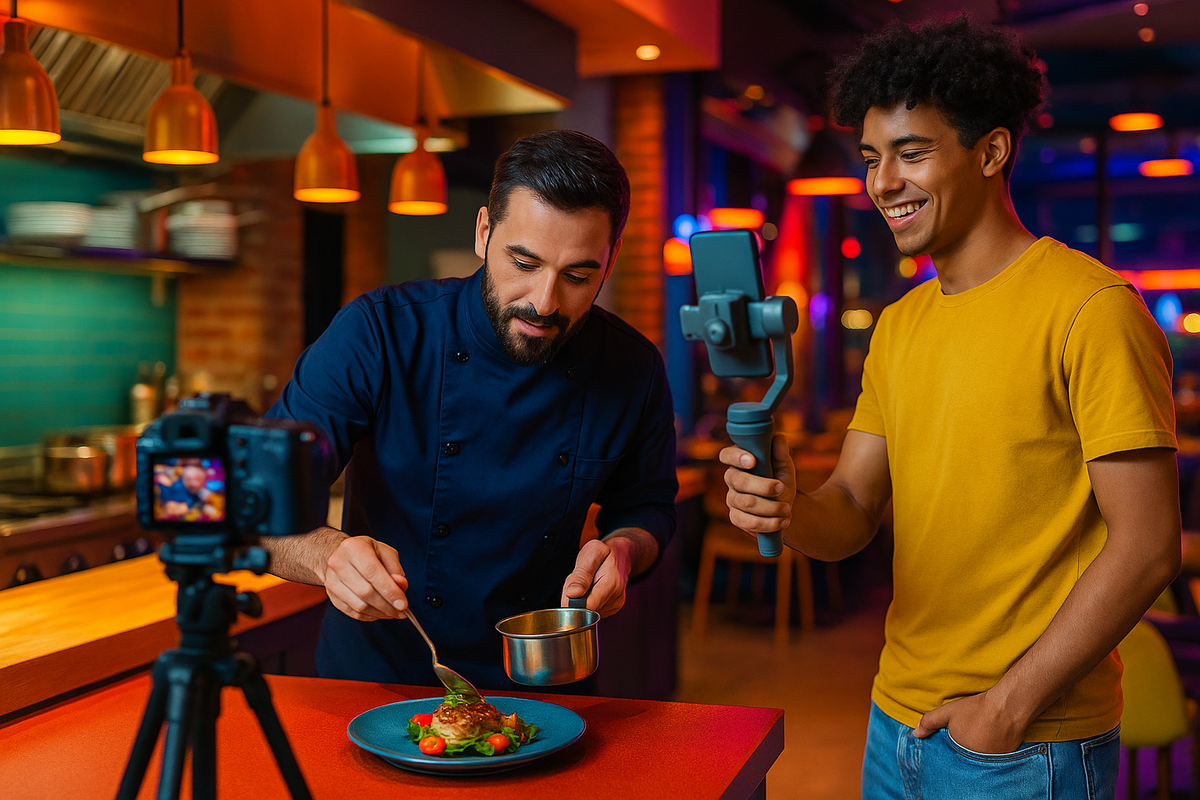
When people think of “influencer marketing,” they picture skincare tutorials or aesthetic living rooms. But in B2B, where deals move slowly and trust matters more than clicks, credible voices can accelerate decision-making in ways traditional marketing can’t.
In fact, research shows that 75% of decision-makers trust a brand more when a credible expert endorses it. According to the Edelman Trust Barometer, technical authorities and peers consistently rank among the most trusted voices.
This kind of trust is exactly what influencers in the foodservice space are helping brands build, not with polished scripts, but with real-world demonstrations, practical insights, and creator credibility.
Let’s look at five examples.
1. Rubix Foods – Letting Followers Shape the Flavour
To launch a new line of bold sauces, Rubix Foods partnered with three food creators — Alexis Frost, Matt James, and Nate Llorin — not just as influencers, but as co-creators.Real kitchens. Real-time feedback. A launch that felt like it already had fans before it hit shelves.
Instead of announcing a finished product, Rubix let the audience see the process unfold — making the sauces feel personal, tested, and trusted before they ever hit the shelf. This wasn’t influencer marketing as amplification. It was co-creation as a strategy.
2. Hoshizaki – Ice Machines Meet Mixology
How do you make ice interesting? You let a bartender explain it.
Hoshizaki tapped mixologist Chris Leavitt to break down how different ice types affect dilution and texture. His demos at trade shows and short-form content gave practical meaning to industrial specs.
Creators turned cold equipment into hot content.
3. Toast – Reviews with Real Credibility
Restaurant tech provider Toast collaborated with TikTok reviewer Keith Lee, known for his straightforward, no-hype delivery. His unscripted walkthroughs of restaurant setups cut through jargon and built trust with independent operators.
The campaign also surprised featured venues with grants, reinforcing Toast’s identity as a partner—not just a platform.
4. Messermeister – Turning Knife Skills into Buyer Action
Knife maker Messermeister partnered with chef-creators like @foodbrushninja, @chefbendiaz and @kendrick_bbq to teach knife skills in their own kitchens. The videos were short, useful, and practical—exactly the kind of content operators would share with their staff.
Add a promo code to the end of a tutorial? That’s how influence becomes action.
5. Unilever Food Solutions – Real Talk, Real Results
Chef Matty Matheson brought personality and honesty to Unilever’s “Real Talk” series. Featuring bold dishes and even bolder opinions, the videos showcased Hellmann’s sauces without over-selling them.
It didn’t feel like a campaign. It felt like a conversation.
Why It’s Working
This isn’t a one-off trend — it’s a proven tactic:
- 49% of B2B marketers say influencer partnerships boost brand credibility and lead generation.
- 40% report that these collaborations drive direct sales increases.
- And 91% of B2B marketers say their influencer programs meet or exceed expectations.
In other words, influencer marketing isn’t “just for B2C.” It’s a strategic asset — when the voice is right, and the content is real.
At the end of the day, even in B2B, you're not marketing to businesses; you're connecting with people.
These examples are a reminder that real influence happens when messaging feels human, relatable, and rooted in everyday use. And that's where creators make the difference.
